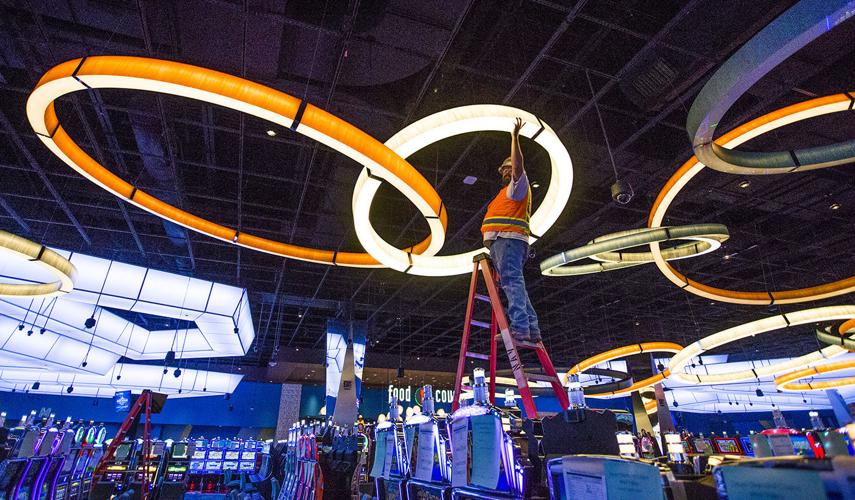PHOENIX — The state’s gaming director wants a court order allowing him to pry into the decision by the Tohono O’odham Nation to buy land for a casino near Glendale.
And the tribe is trying to block the move.
In legal papers filed in federal court here, attorneys for Daniel Bergin say he needs notes from closed-door tribal meetings going back to 2002 to support his claim that the nation defrauded the state by hiding its plans for full-blown casino gaming. He said those will buttress his claim tribal officials acted in a way that shows they are unfit to operate a new casino.
But Bergin wants more.
He is asking U.S. District Court Judge David Campbell to tell tribal officials they cannot refuse to answer certain questions in pre-trial depositions.
That includes what plans tribal officials had to build a fourth casino even before voters in 2002 approved a change in gaming laws. Bergin wants to know more about that decision to purchase the Glendale property and “the reason the nation kept its search for and purchase of land secret from the state.”
But attorneys for the tribe contend there is no legal basis for Bergin to breach what they claim is the “absolute privilege” of tribal council members to confer behind closed doors and not have to disclose what was said to outsiders. The tribe’s lawyers also mocked Bergin’s contention that he needs the information to defend his decision to refuse to allow full-blown Class III casino gaming at the Glendale casino. They pointed out that Bergin has claimed that, based on what he knows, the tribe is not entitled to gaming.
“Bergin should not be able to assert, on the one hand, that he has ‘uncontroverted evidence’ of fraud sufficient to deny certifications in connection with the West Valley resort and, on the other hand, argue that the nation is holding back evidence necessary to prove that fraud,” they are telling Campbell.
Hanging in the balance are the tribe’s efforts to have full-scale gaming at the casino it is operating on the edge of Glendale. The tribe purchased the property in 2003 under a 1986 federal law giving it $30 million to compensate it for the loss of about 10,000 acres of reservation near Gila Bend due to a federal dam project. That law allowed the tribe to obtain replacement land anywhere in Pima, Pinal or Maricopa counties.
Tribal officials concede the 2003 purchase was done through a shell company to hide the real ownership. It was only when the tribe moved to have the land made part of the reservation in 2009 that its ownership became public.
What makes all of this relevant is the 2002 voter-approved law giving tribes the exclusive right to operate casino gaming in exchange for a share of the profits. That law also limited gaming to existing locations with one exception: It allowed the Tohono O’odham a fourth casino.
But voters were repeatedly told there would be no new casino gaming in the Phoenix area.
Bergin contends the tribe already was preparing to buy the Glendale land even before the 2002 vote and purposely hid that fact from not only voters but also the state and other tribes.
In his legal pleadings, Bergin said former tribal Chairman Ned Norris Jr. has refused to answer questions about why the purchase of the property was kept a secret. Similarly, Bergin said, Norris won’t say when a decision was made to conduct gaming on the Glendale property and whether there was “any legitimate reason to keep the nation’s search efforts secret.”





